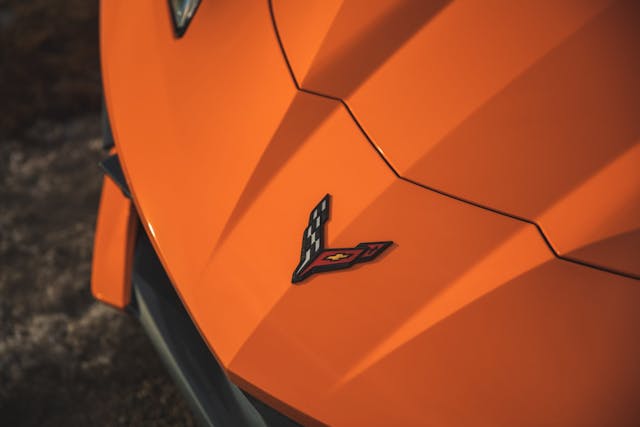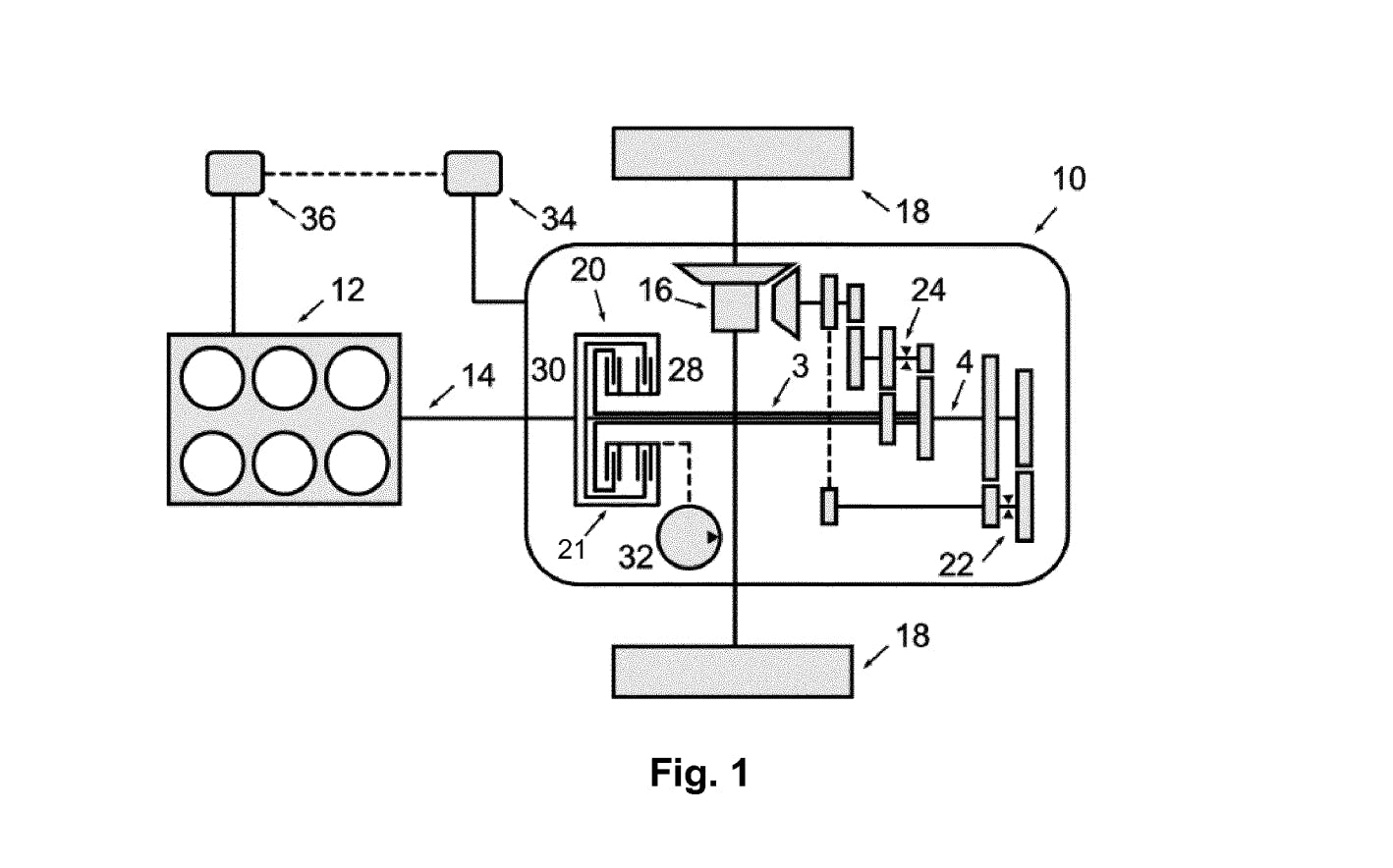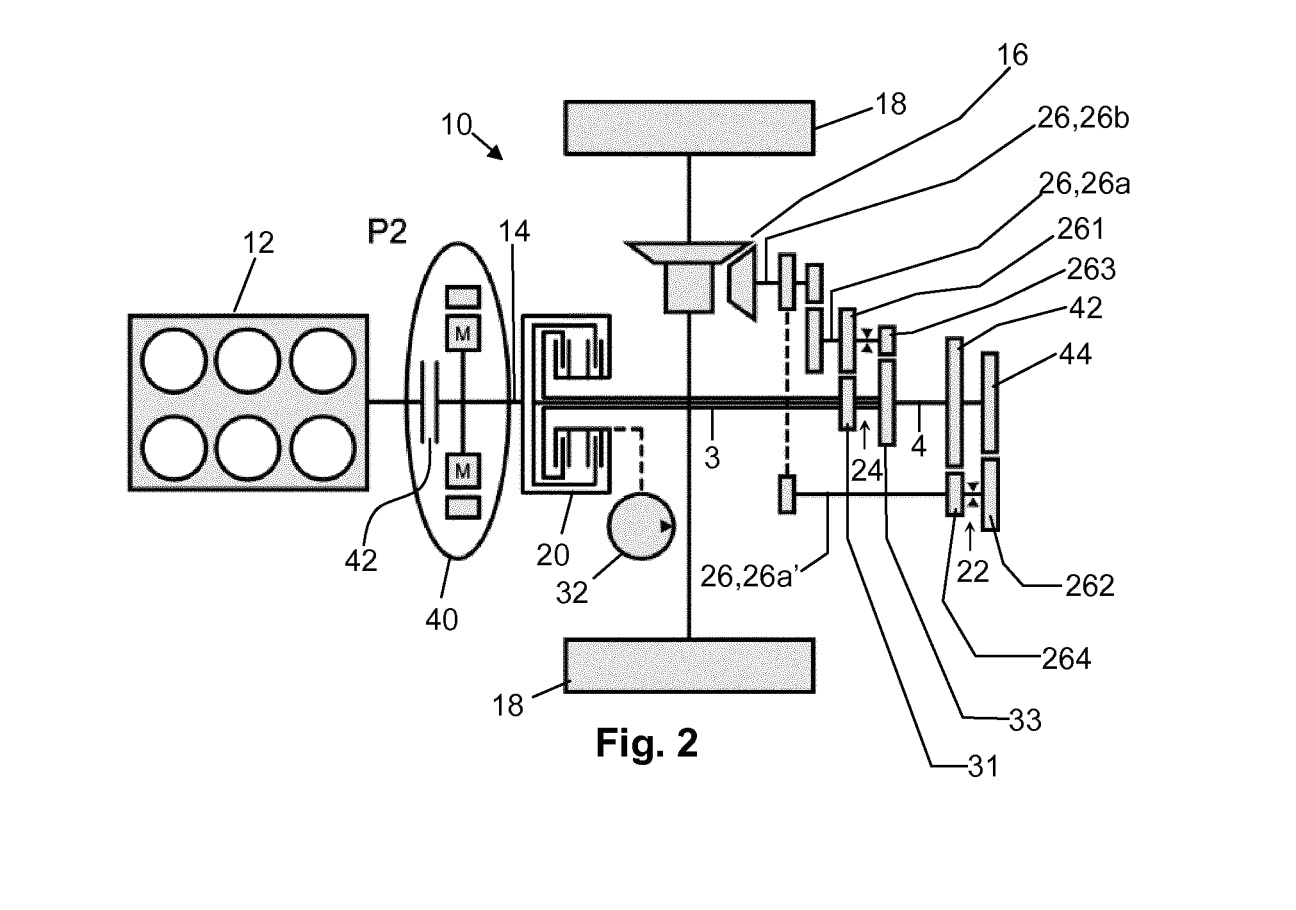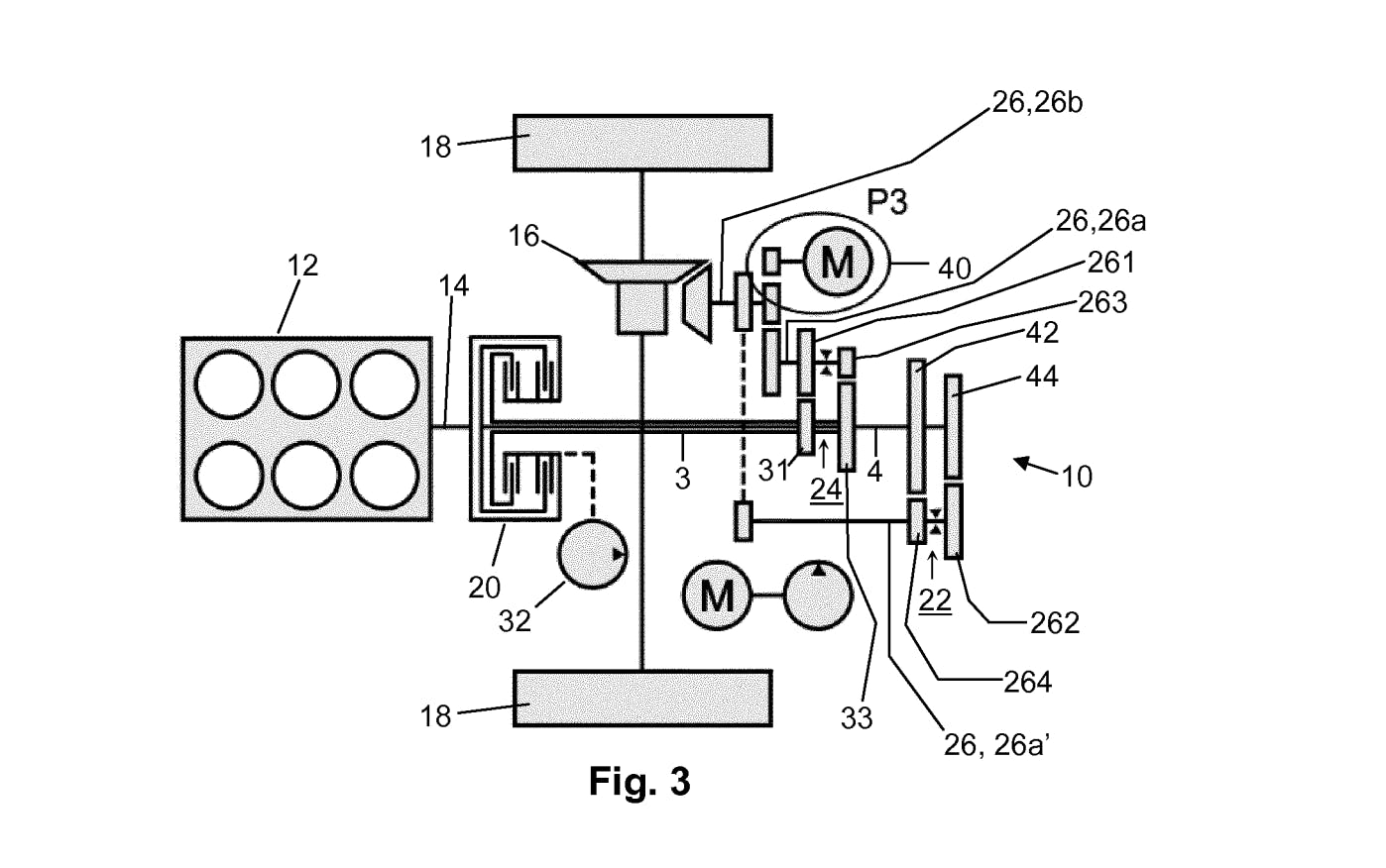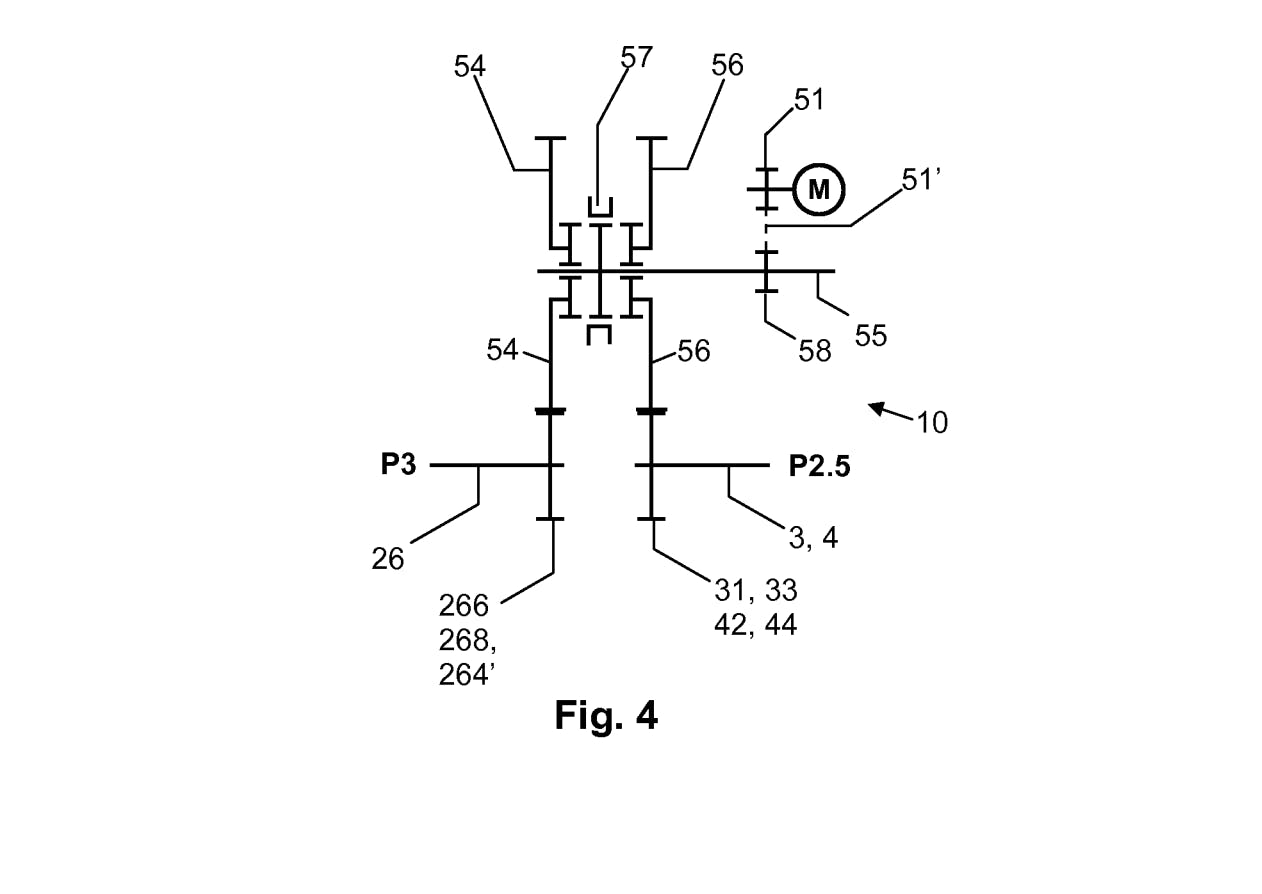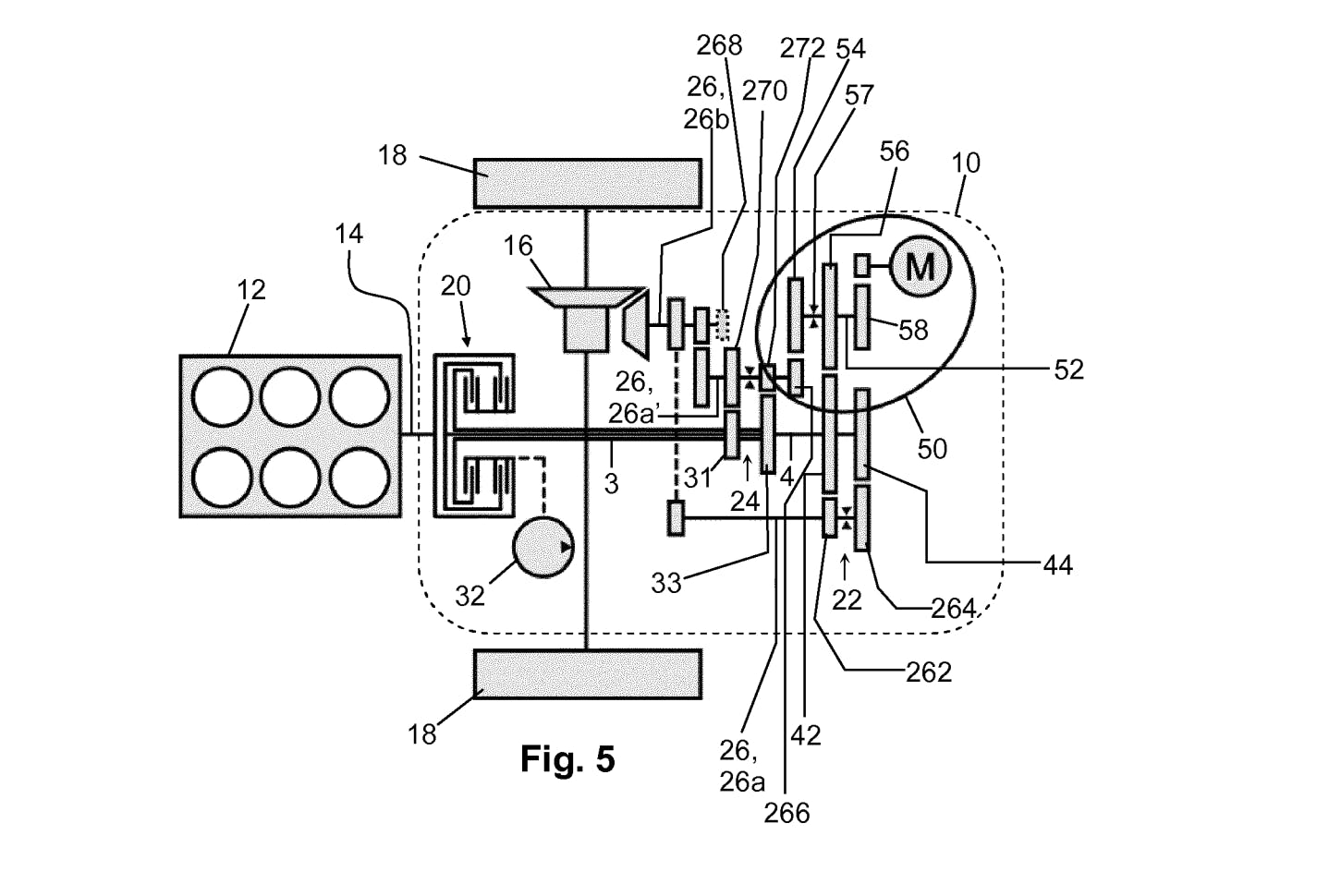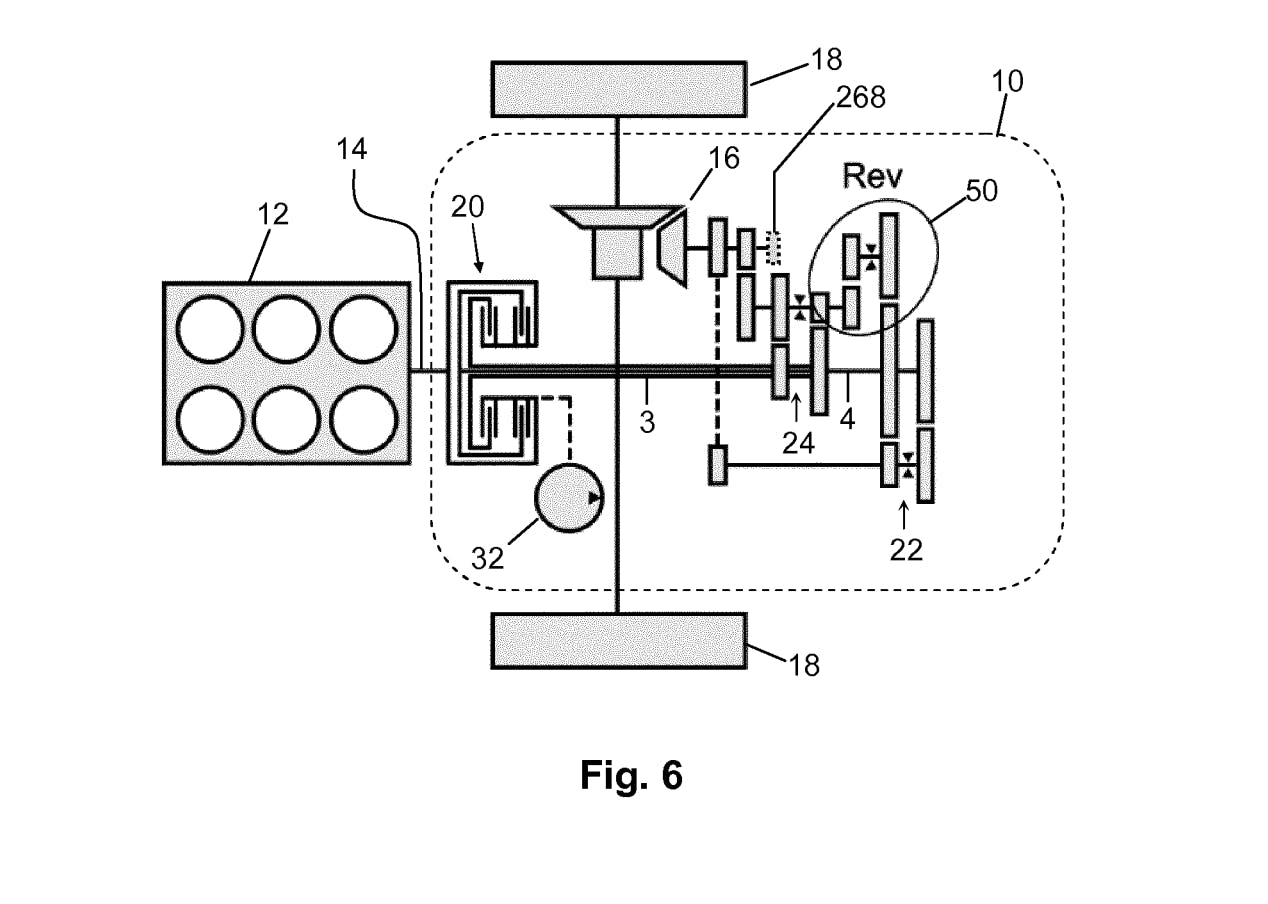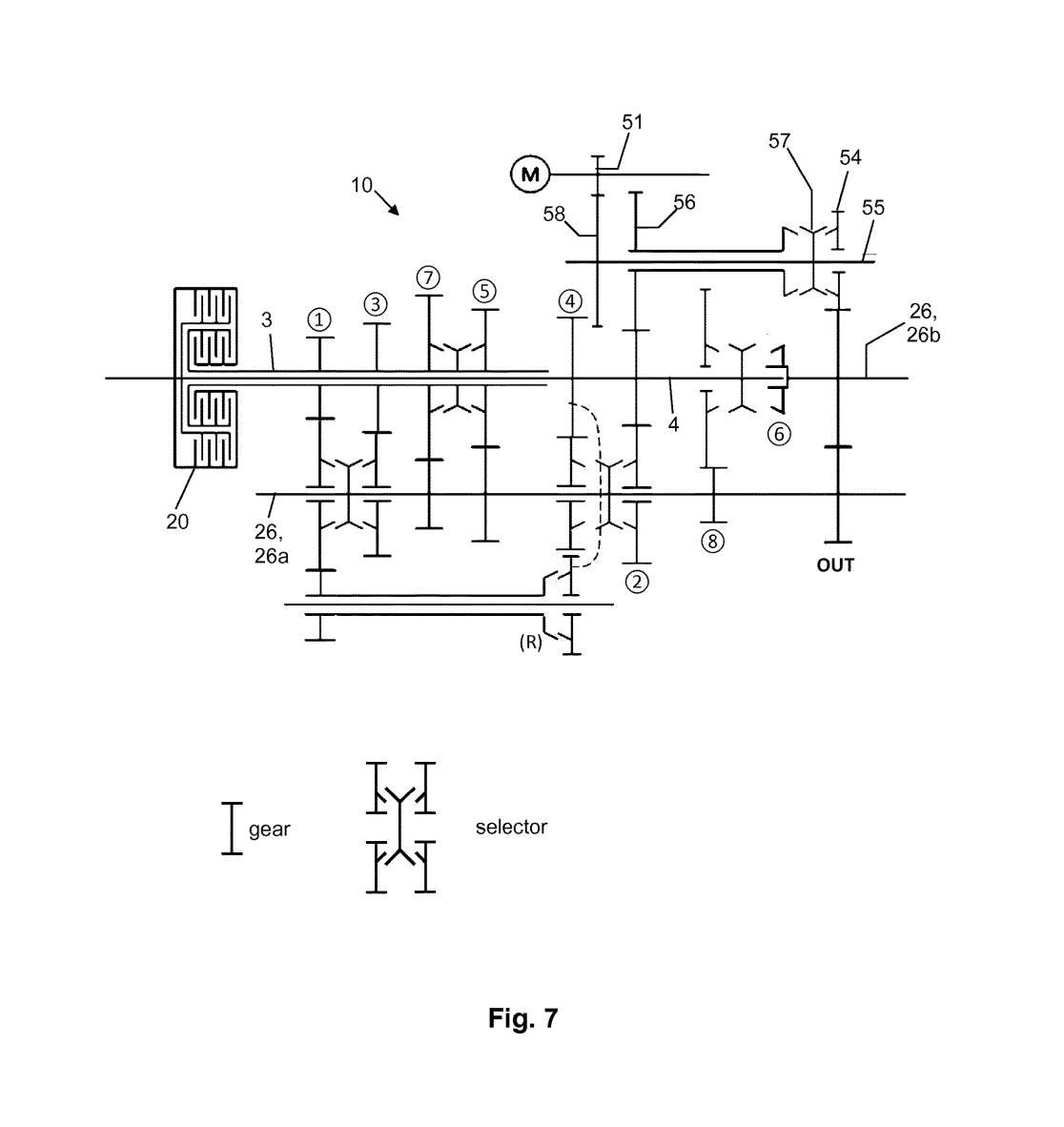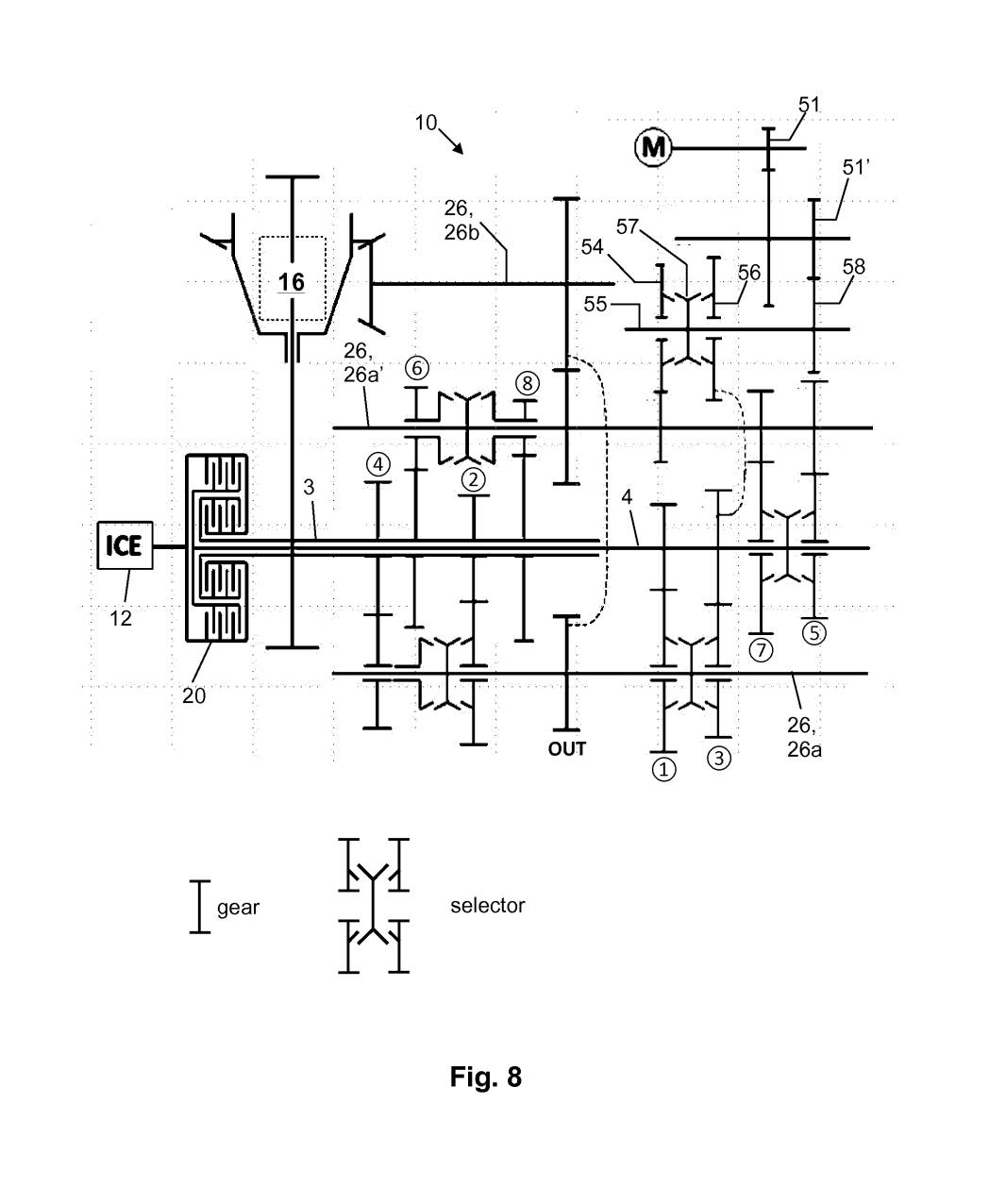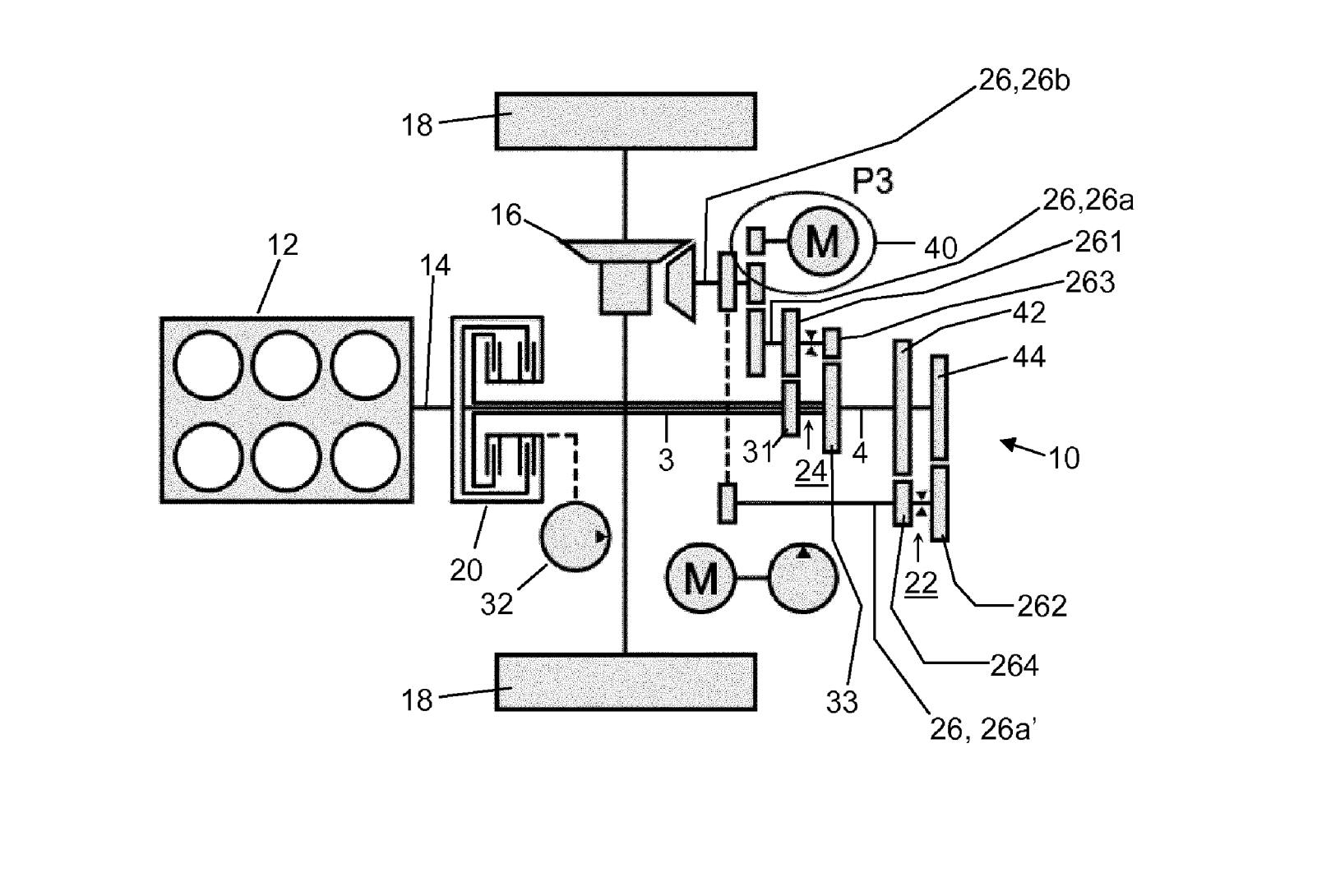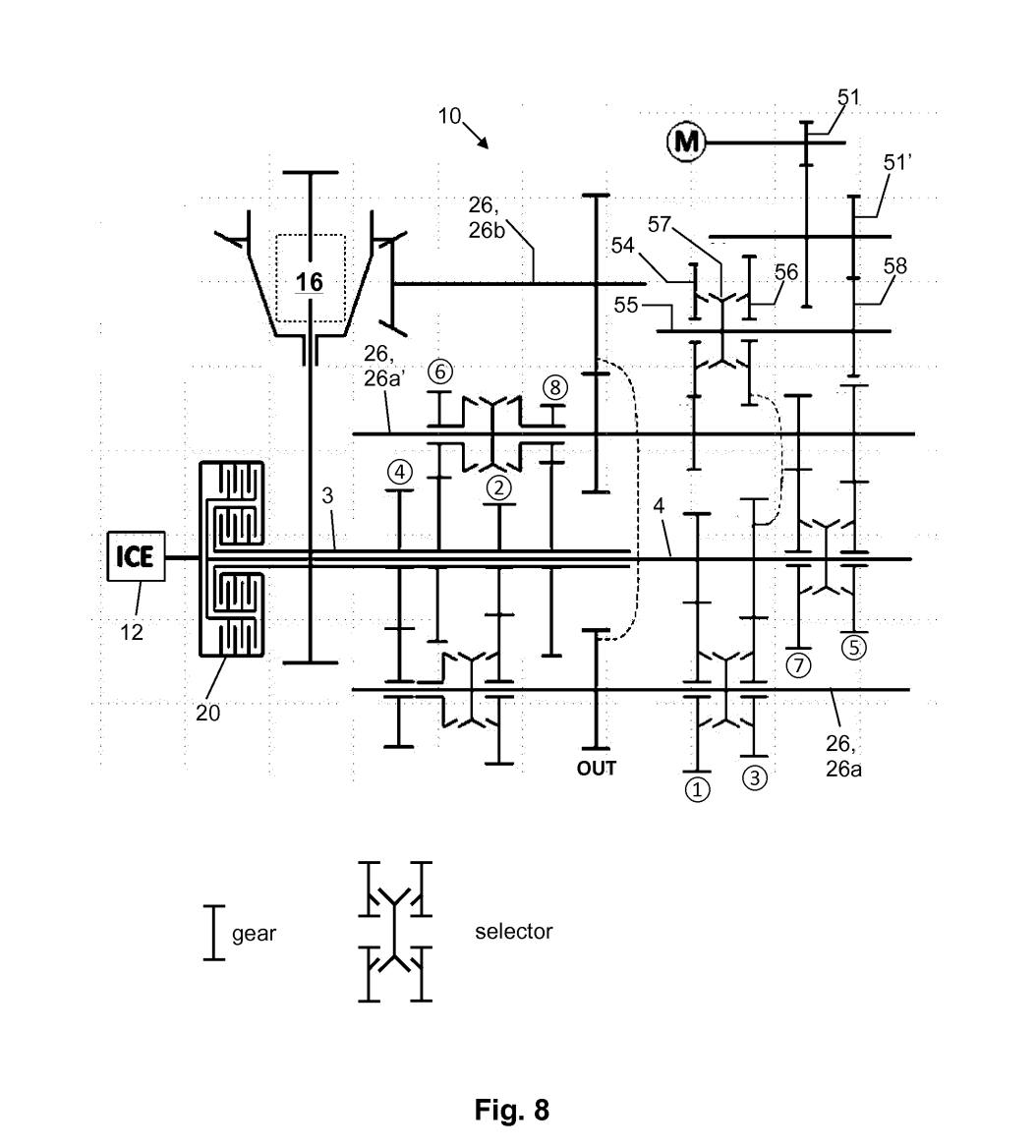Future Corvettes: E-Ray, ZR1, C9 EV, and more
Fulfilling long-held rumors, our beloved Chevy Corvette has officially begun its journey toward full-electric propulsion. On April 25, GM President Mark Reuss announced two near-term Corvette variants—what he called an “electrified” model due early next year to be followed by a fully electric, Ultium-based vehicle. Confirming this was far more than corporate hyperbole; a 25-second video depicted a camouflaged C8 prototype spinning all four wheels while drifting furiously across a snow-packed test track. Fans of fiery combustion engines will surely appreciate that the prototype’s soundtrack suggests that a hot V-8 continues as part of the deal.
Now that the Chevy Volt has been retired from production, GM prefers the term “electrified” over “hybrid” to indicate a thoughtful blend of electric and combustion propulsion elements. Ultium is GM’s combination of a massive lithium-ion pouch-type battery pack in a “skateboard” layout with one or more AC drive motors. Deliveries of the Ultium-based 2023 GMC Hummer EV pickup have just begun and the SUV version will follow for the 2024 model year. We have every reason to believe that when an electric Corvette finally lands, it will utilize this same fundamental architecture.
2024 Corvette E-Ray hybrid
In 2015, while plotting the future that is just now coming true, GM applied to the U.S. Patent Office for exclusive ownership of the CORVETTE E-RAY and E-RAY trademarks. Rights to these names were granted in December of that year for “motor land vehicle’”use.
While GM has yet to officially confirm it will use the E-Ray name on its coming electrified Corvette, the expectation is that a pair of 83-hp AC induction motors will reside just ahead of the passenger cabin to drive the front wheels. The current 490/495-hp LT2 V-8 will drive the rear wheels through today’s eight-speed dual-clutch automatic transaxle. The hollow cavity serving as the backbone of the C8 Corvette’s aluminum spaceframe is approximately 2.5 cubic feet in volume, enough space to house over 100 Ultium battery cells.
It’s a good guess that the E-Ray’s pilot will be allowed to choose between rear- or all-wheel drive. During cruising, we expect that an engine-driven alternator will replenish the battery pack; a port to plug in at home for battery charging is not likely.
Electric motors providing torque to the front wheels will enhance the Corvette’s agility spiraling into a turn. The added traction will also improve mobility in wet and snow conditions. In spite of a curb weight increased by an estimated 700 pounds, the E-Ray’s AWD and instant torque will likely trump the standard Stingray in a drag race.
Beyond E-Ray, pure electric
The Hummer EV’s battery pack consists of 576 individual pouch-type lithium-ion cells storing 200 kWh of electrical energy, worth roughly 450 miles of driving range. Given the 4-inch width of each cell and the fact they’re stacked in modules two high, the resulting battery pack is some 8-inches in overall height.
Cramming an 8-inch tall skateboard under the passenger cabin would yield a Corvette that’s notably taller than the current 49-inch high C8 Stingray.
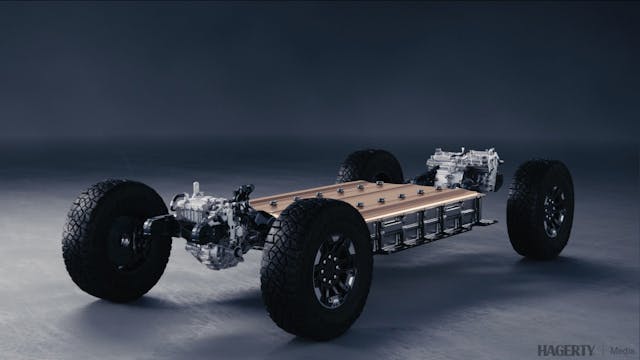
In other words, the fully electric Corvette with this same arrangement of cells would need to be a stylish sport utility vehicle, not a pavement hugging two-seat supercar. (For an imaginative vision of what a Corvette SUV might look like, check out our 2019 rendering here.) Further evidence that this is the case was revealed by GM in November 2021 when the company began polling Corvette owners regarding their interest in an “electric sport vehicle.” If it works for a Ford Mustang recast as an electric Mach-E, why wouldn’t it work here?
C8’s ZR1-shaped endgame
Following the Z06 and E-Ray in the C8 generation’s roll forth sequence, a mega-hot ZR1 is expected circa 2026. The Z06’s 670-hp DOHC LT6 V-8 will be enhanced with two turbochargers to vault peak output over 800 hp in an engine designated LT7.
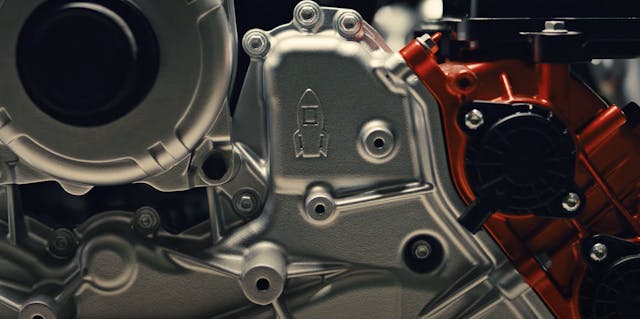
The fifth and final variation on the C8 theme will be the Zora—named after Corvette patron saint Zora Arkus-Duntov. Here, the combination of LT7 combustion energy in back with two AC motors in front will be tuned to shatter the 1000 hp barrier with highly satisfying performance consequences. We anticipate Zora’s triumphal return to Chevy showrooms before the clock strikes 2030.
C9 EV in the pipeline, other electric musings
Click here for our detailed vision of what the future might bring when the Corvette reaches its inevitable full-electric destination. Fear not, ye of little electric faith, GM will likely keep combustion in production at the Bowling Green, Kentucky, manufacturing plant as long as possible to serve old-school diehards.
In the summer of 2020, several months before the U.S. election, now-President Joe Biden espoused his love of American performance cars in general and Corvettes in particular. (He owns a dark green ’67 small-block roadster that he’s not allowed to drive while in office.) Biden’s 80-second campaign banter included this prophetic side note: ‘They tell me that GM is making an all-electric version of its iconic sports car that will go 200 mph.”
We’re guessing the “they” in this scoop was Mark Reuss.
#BARBIE
July 21, 2023
Only in theaters pic.twitter.com/mauCGpizD1— Warner Bros. Pictures (@wbpictures) April 26, 2022
Then, at the end of April 2022, Barbie joined the electric Corvette cause. Movie production company Warner Brothers announced a July 2023 release date for the latest Ken and Barbie romantic adventure film. Margot Robbie, who will star in the movie, was presented in the front seat of a radiant pink 1957 Corvette with two scintillating touches: a flap cut into the left front fender for likely access to an electrical battery charging port and a CHEVROLET script on the side of the car featuring bright-blue accents for the EV letters in that logo.
Certainly there have been electric Barbie-branded toys in the past, but this particular iteration for the film could hint at something more. Requests to both Warner Brothers and Chevrolet for added comment have thus far generated no response.
A bright future
Assuming Reuss, Corvette engineers, and GM’s top management don’t become intoxicated over their future Corvette prospects, the electrification movement should provide a lasting role for America’s only two-seater. Balancing style, technology, performance, and price will pose a significant challenge to be sure. But there’s no reason why Corvettes shouldn’t thrive in the AC age to come.
